Episode 193. Alexander Kipnis in Lieder
SOCIAL SHARE
SUBSCRIPTION PLATFORM
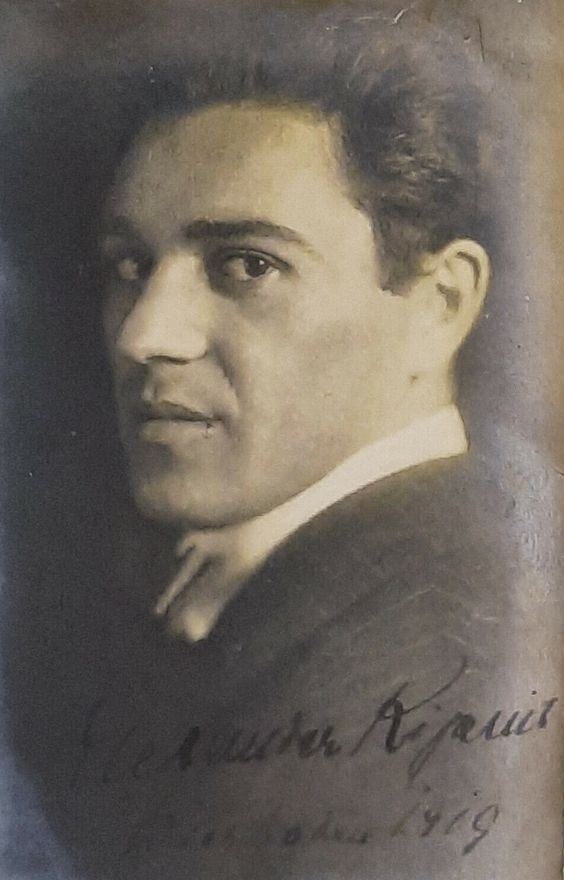
If I were to indulge in the foolish task of dubbing certain artists the “Greatest Ever,” I would have little hesitation in naming Ukrainian-American bass Alexander Kipnis (1891–1978) “the greatest” in several categories: greatest Wagner bass, greatest low-voiced Lieder singer, just maybe even the greatest bass ever captured on recording. Though I am trying to wean myself of these designations, I have no difficulty in naming Kipnis my favorite bass. In this episode, his operatic impersonations, though legendary, are touched on but peripherally: the focus instead is on his contributions in art song, specifically Lieder. Despite his heavily-accented German (which to my ear only increases the power of his interpretations in songs like Schubert’s “Aufenthalt” or Wolf’s Michelangelo-Lieder), Kipnis was as keenly attuned to text and its musical setting than any singer of art song before or since. As usual of late in my episodes, I begin with several short contrasting examples that illustrate the “why” question: why was this artist so important, and why does he remain so? There follow a few all-too-brief examples of Kipnis in opera, including examples stretching back to his earliest recordings in 1916, when he was barely 25 years old. Then follow a further examination of Kipnis’s Lieder recordings, including a rare 1943 radio broadcast of Schumann’s Dichterliebe accompanied by Wolfgang Rosé, the son-in-law of Gustav Mahler, as well as recordings issued under the aegis of the Hugo Wolf Society and the Johannes Brahms Society, and his matchless early recordings of the songs of Franz Schubert, which were my introduction not only to Kipnis’s magisterial voice, but also the songs themselves. In all of this material, whether tender, ardent, humorous, or transcendent, Kipnis’s dignity and humanity shine through.
RECORDINGS HEARD IN THIS EPISODE
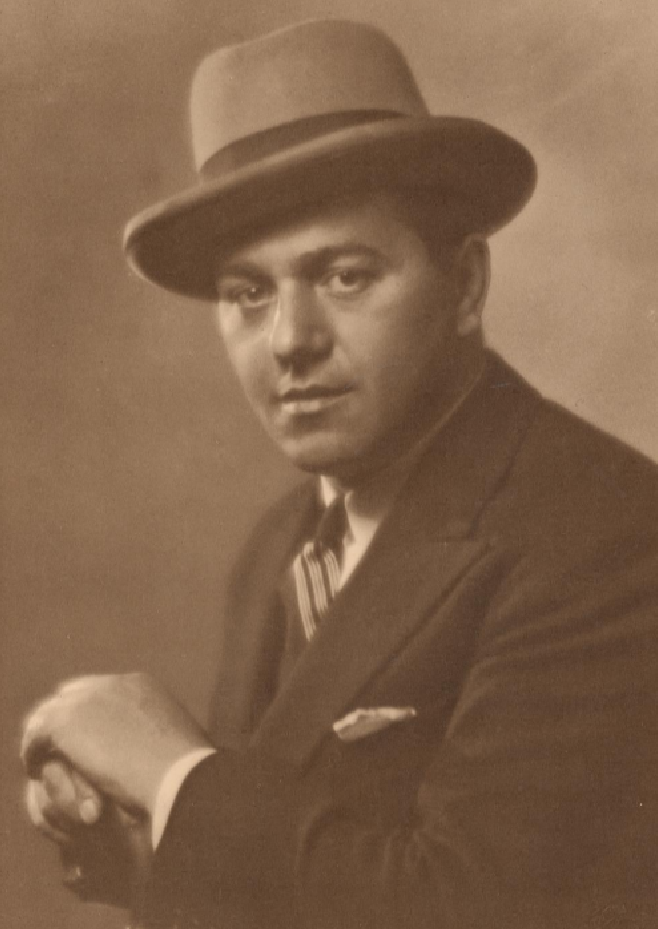
Robert Schumann, Justinus Kerner: Wanderlied, Op. 35/1. Alexander Kipnis, Arthur Bergh [1930]
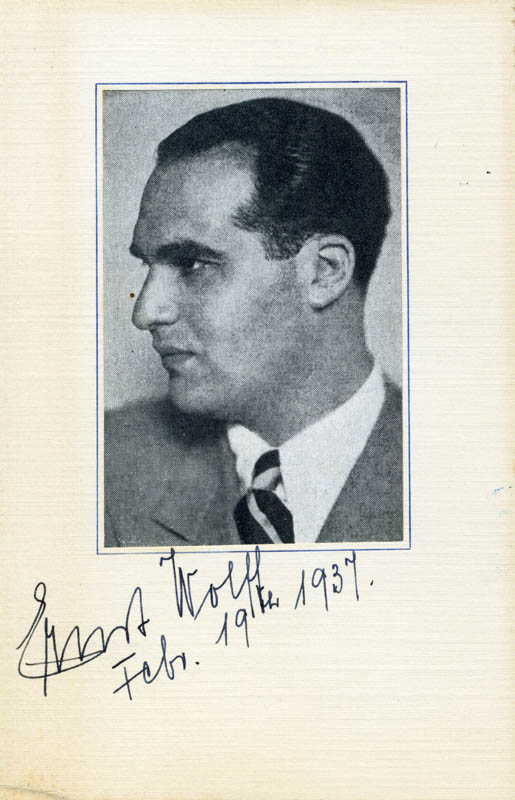
Ernst Victor Wolff
Traditional German, arr. Johannes Brahms: Mein Mädel hat einen Rosenmund. Alexander Kipnis, Ernst Victor Wolff [1940]
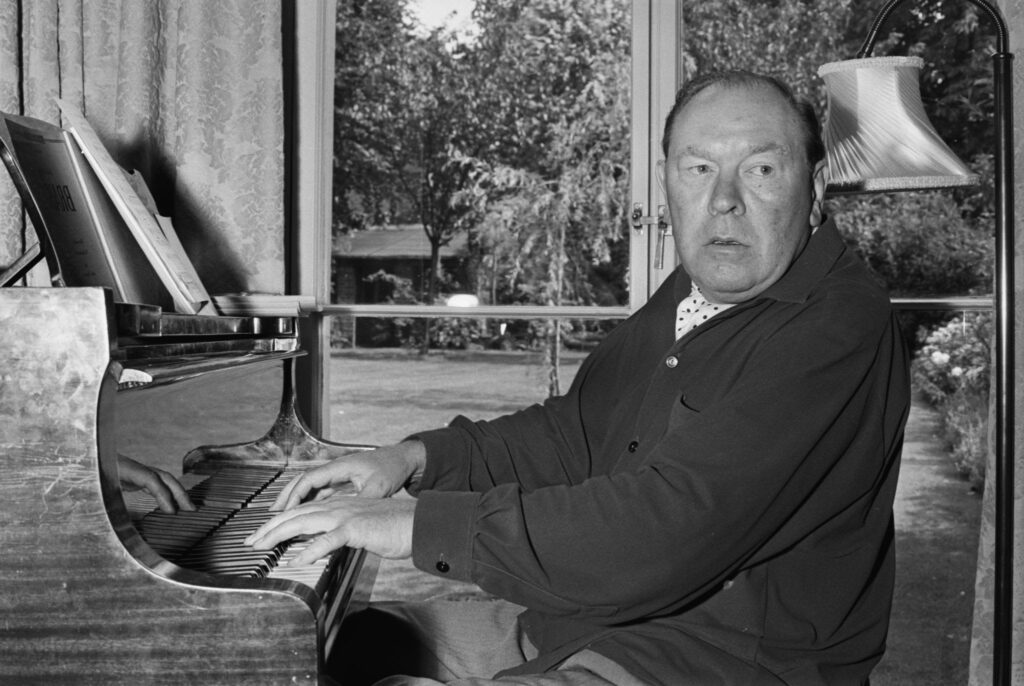
Hugo Wolf, Joseph von Eichendorff: Verschwiegene Liebe. Alexander Kipnis, Gerald Moore [1934]

Franz Schubert, Friedrich Schiller: Gruppe aus dem Tartarus, D.583. Alexander Kipnis, unknown pianist [1917]
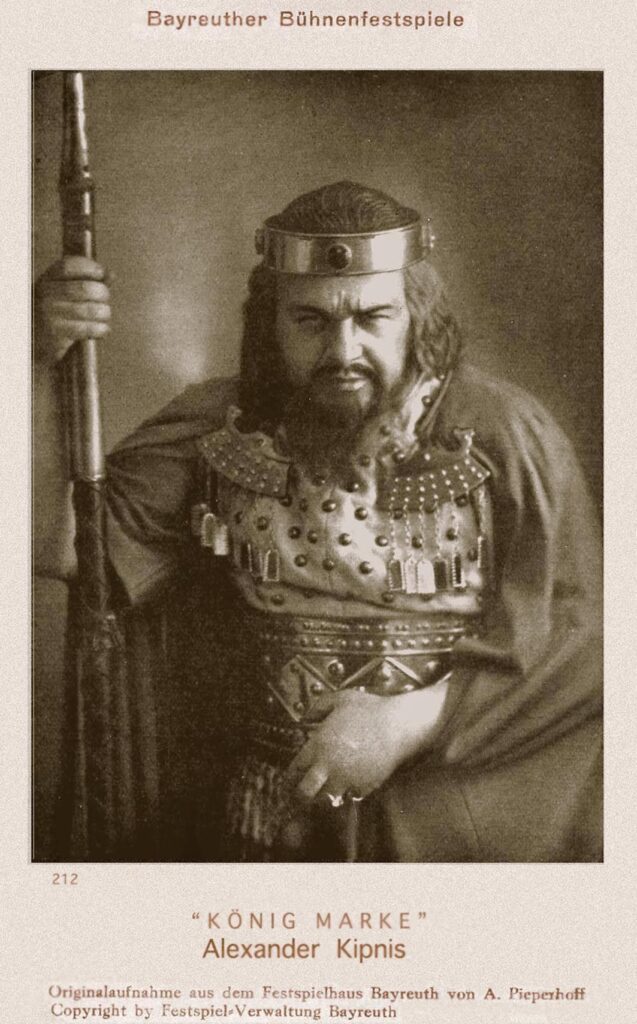
Richard Wagner: Trog mich Tristan? (Tristan und Isolde). Alexander Kipnis [1917]
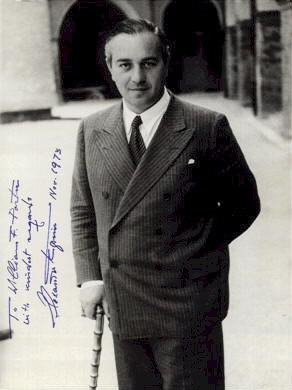
Giuseppe Verdi, Francesco Maria Piave, Arrigo Boito [after Antonio García Gutiérrez]: Il lacerato spirito (Simon Boccanegra). Alexander Kipnis, Erich Ortmann, Berliner Staatsoper Orchester [1931]

Wolfgang Amadeus Mozart, Emanuel Schikaneder: In diesen heil’gen Hallen (Die Zauberflöte). Alexander Kipnis, Arturo Toscanini, Wiener Philharmoniker [live Salzburg 30.VII.1937]
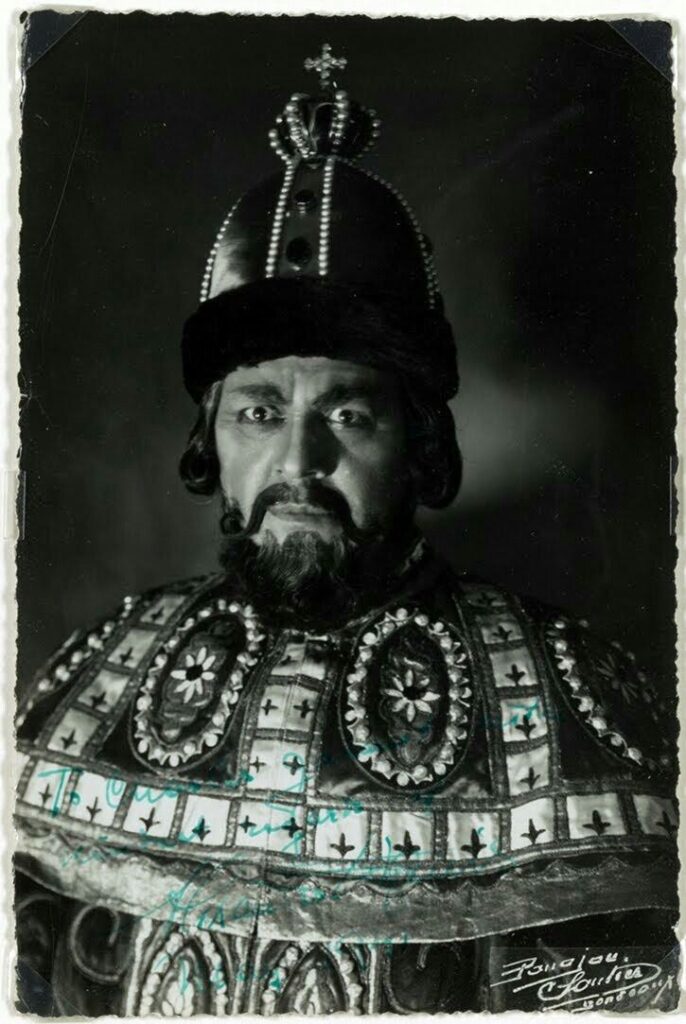
Modest Mussorgsky (revised Nikolai Rimsky-Korsakov; after Alexander Pushkin): Clock Scene (Boris Godunov). Alexander Kipnis, Nicolai Berezovsky, Victor Symphony Orchestra [1945]
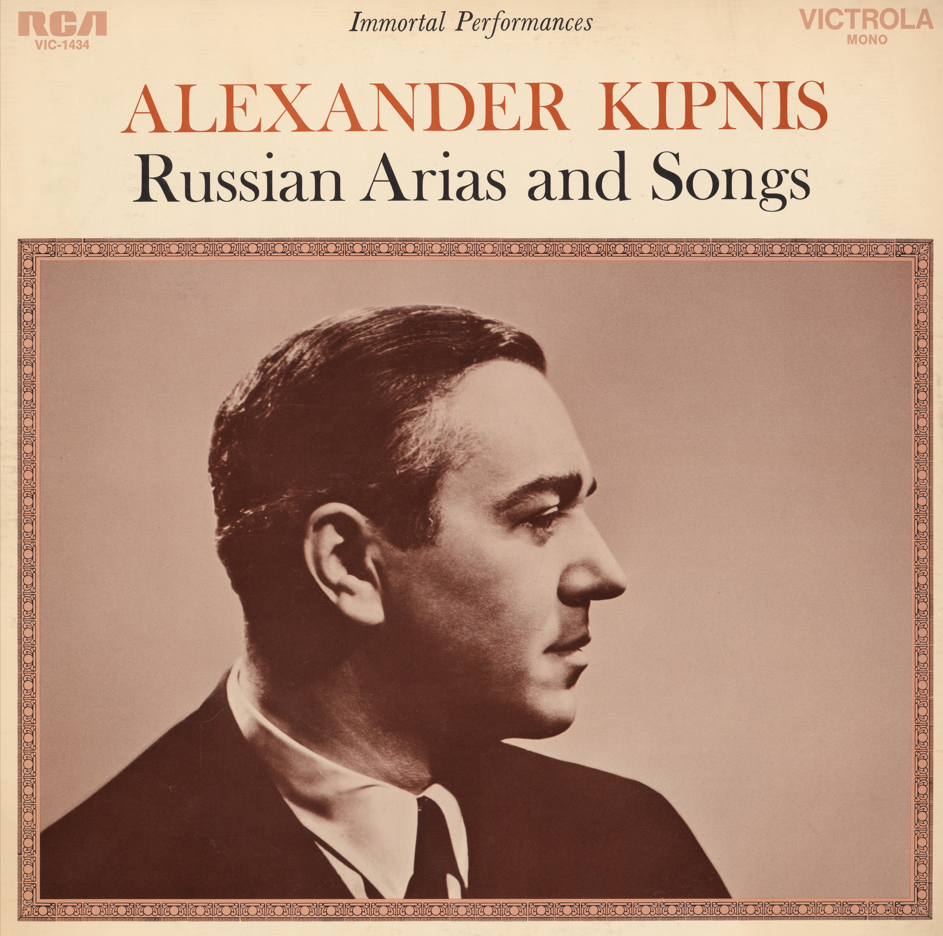
Traditional Russian: Night. Alexander Kipnis, Balalaika Orchestra conducted by Gleb Yellin [1942]
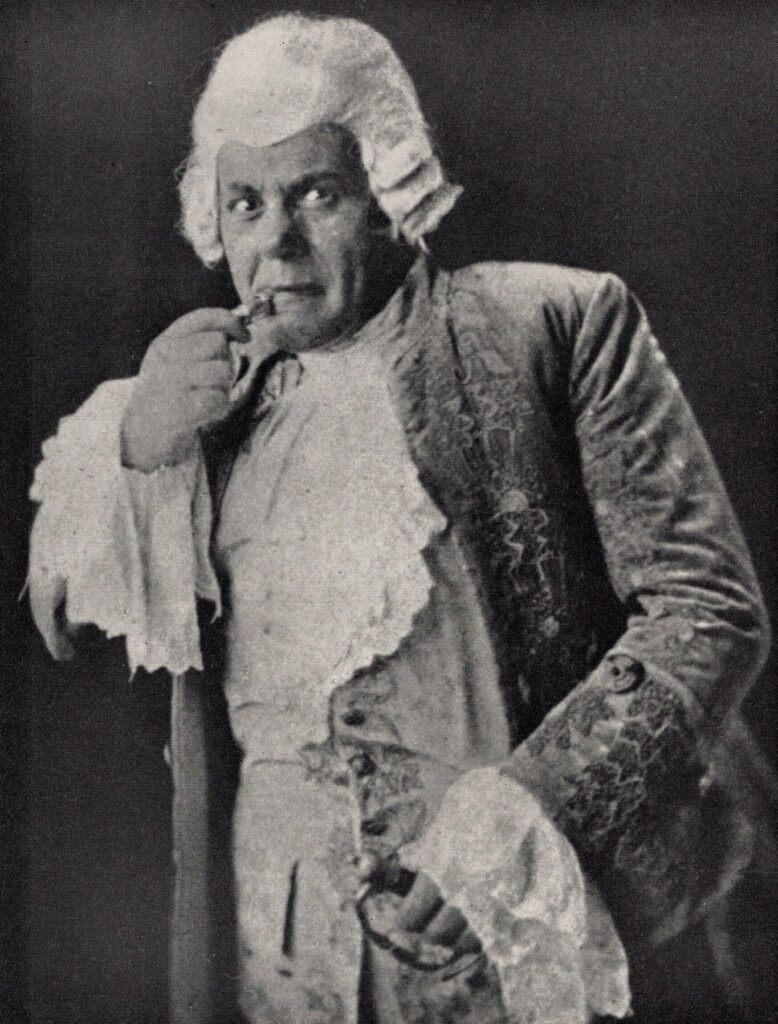
Richard Strauss, Hugo von Hofmannsthal: Keine Nacht wird zu lang [End of Act II] (Der Rosenkavalier). Alexander Kipnis, Clemens Schmalstich, Berliner Staatsoper Orchester [1931]
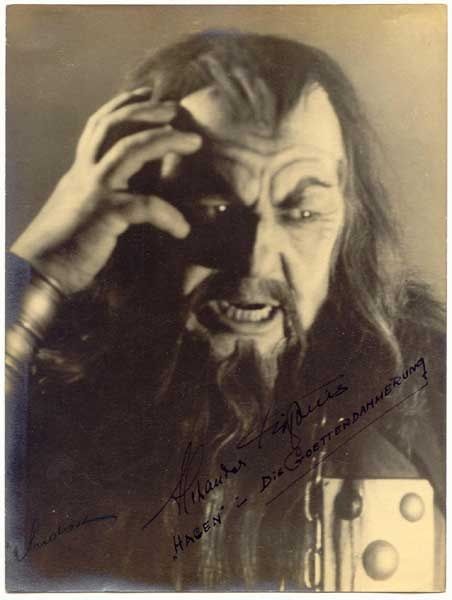
J. Michel Diack [with apologies to Handel]: Little Jack Horner. Alexander Kipnis, Ernst Victor Wolff [1940]
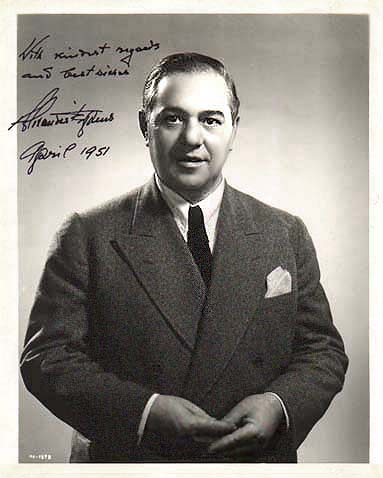
Hugo Wolf, Joseph von Eichendorff: Der Musikant. Alexander Kipnis, Gerald Moore [1935]
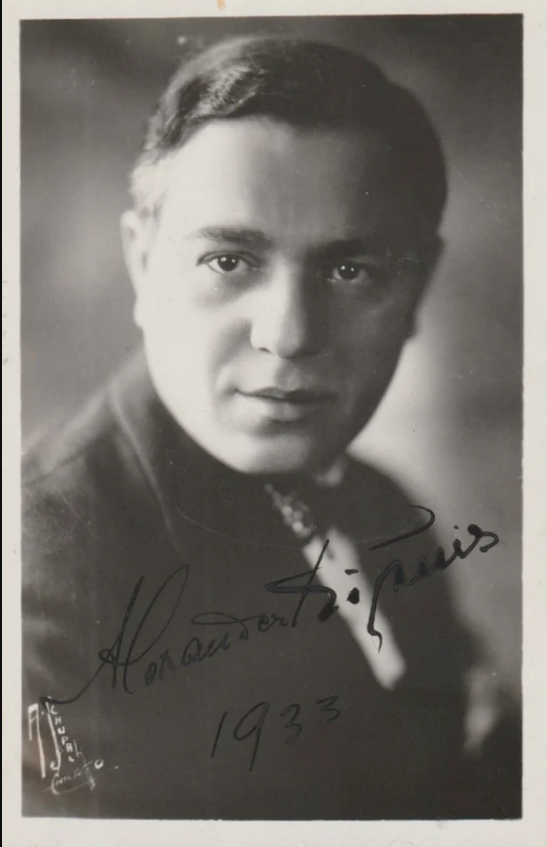
Johannes Brahms, Traditional German text: Vergebliches Ständchen, Op. 84/4. Alexander Kipnis, Gerald Moore [1936]
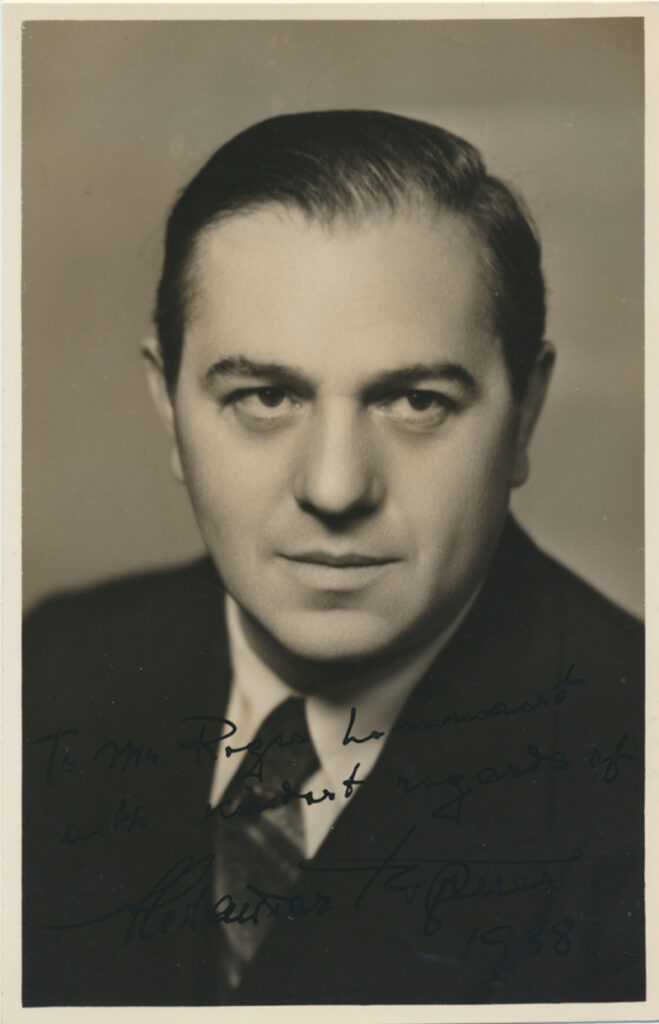
Franz Schubert, Ludwig Rellstab: Aufenthalt, D.957/5. Alexander Kipnis, Frank Bibb [1927]
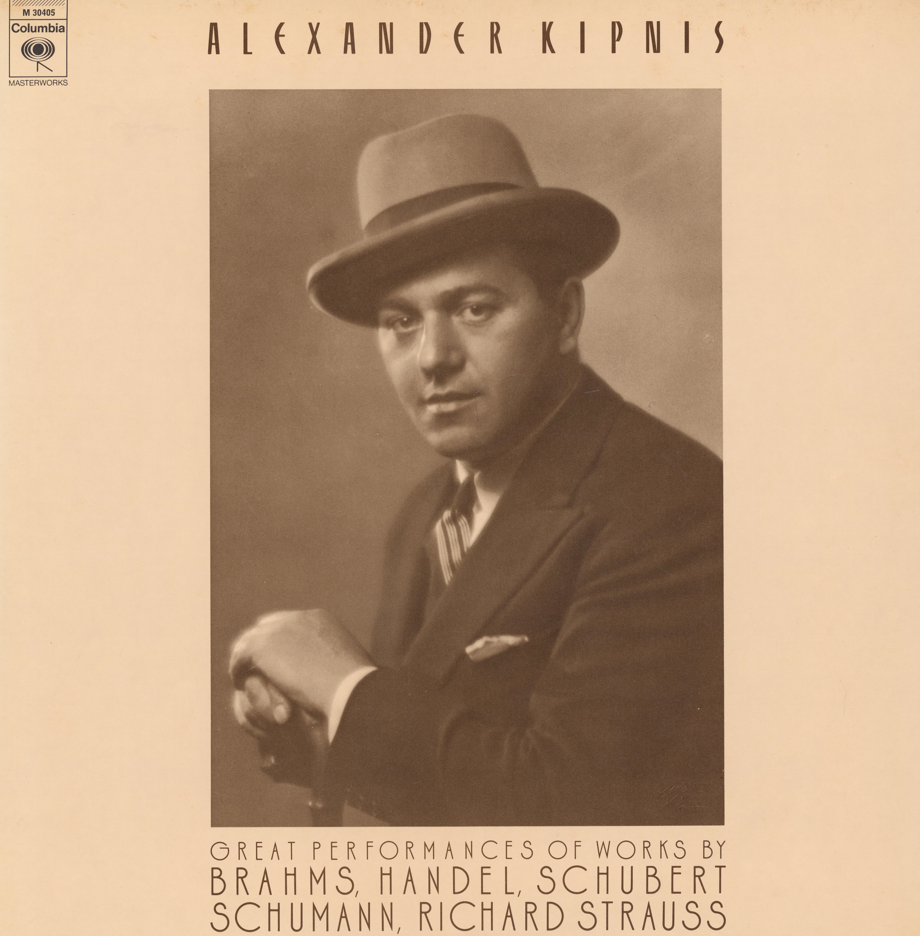
Franz Schubert, Heinrich Heine: Am Meer, D.957/12. Alexander Kipnis, Frank Bibb [1928]
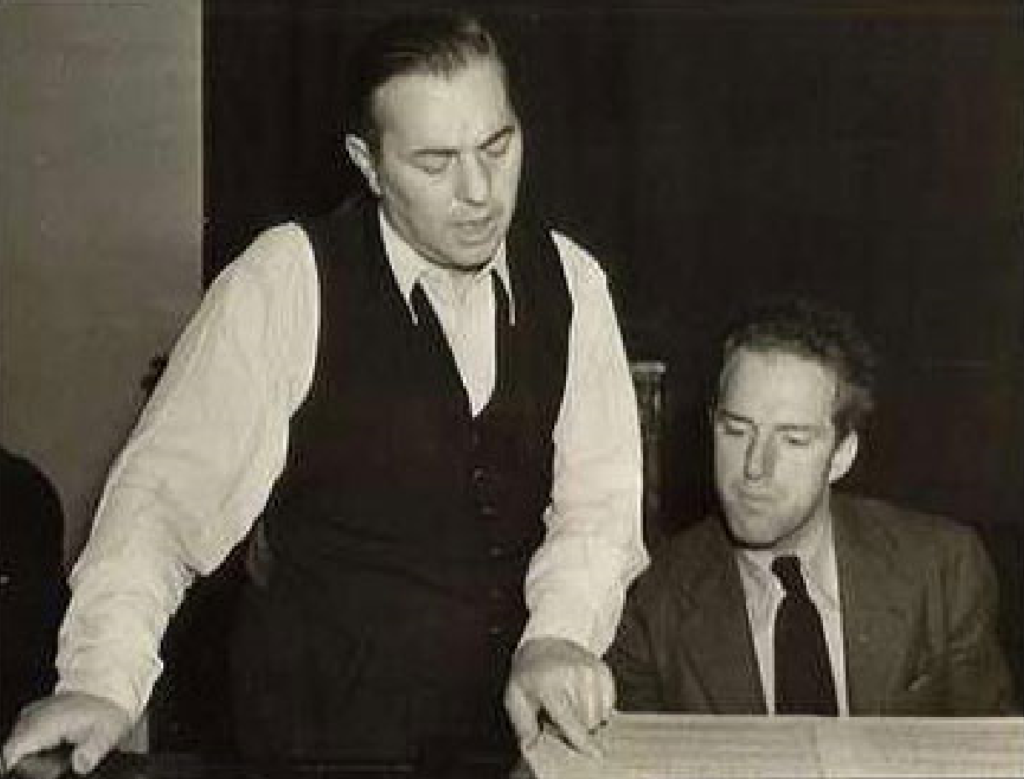
Alexander Kipnis and Celius Dougherty (1902 – 1986)
Robert Schumann, Heinrich Heine: Die beiden Grenadiere, Op. 49/1. Alexander Kipnis, Celius Dougherty [1939]
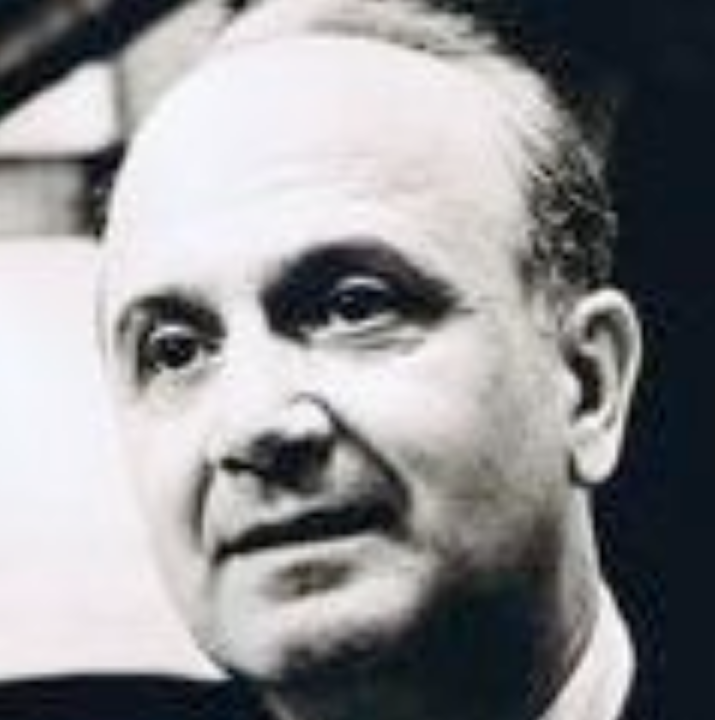
Wolfgang Rosé (1902 – 1977)
Robert Schumann, Heinrich Heine: Und wüßten’s die Blumen, die kleinen (Dichterliebe, Op. 48-8). Alexander Kipnis, Wolfgang Rosé [1943 radio broadcast]
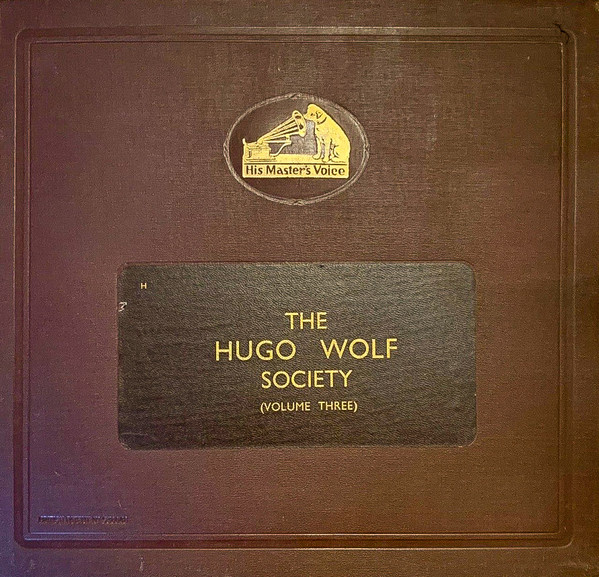
Hugo Wolf, traditional Italian, translated Paul Heyse: Wir haben beide lange Zeit geschwiegen (Italienisches Liederbuch). Alexander Kipnis, Ernst Victor Wolff [1934]
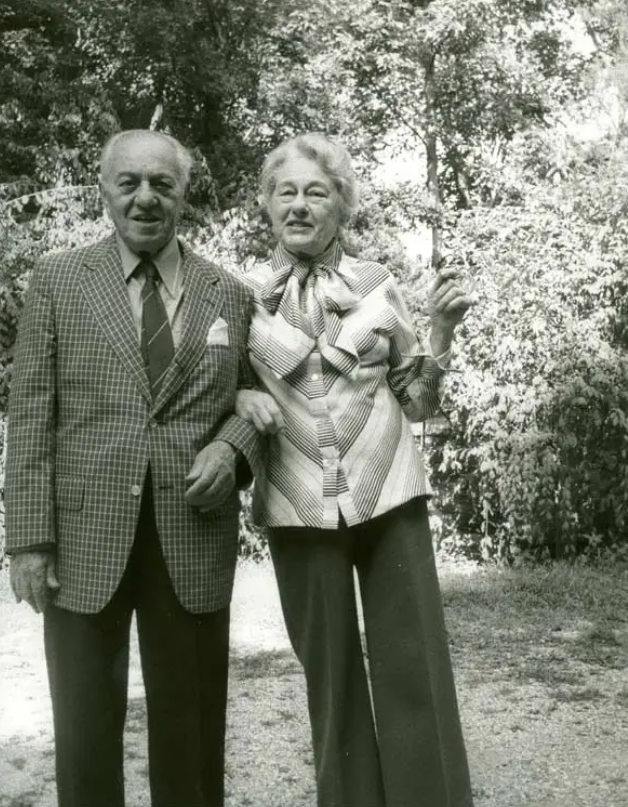
Alexander and Mildred Levy Kipnis
Johannes Brahms, Georg Friedrich Daumer: Wie bist du, meine Königin, Op. 32-9. Alexander Kipnis, Ernst Victor Wolff [1928]
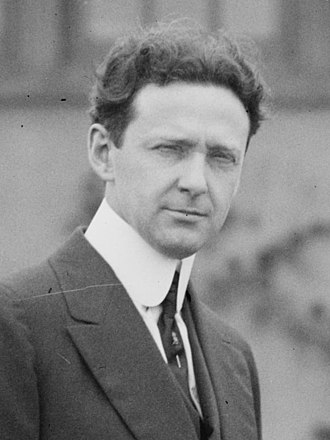
Arthur Bergh (1882 – 1962)
Johannes Brahms, Hermann Lingg: Immer leiser wird mein Schlummer, Op. 105/4. Alexander Kipnis, Arthur Bergh [1929]
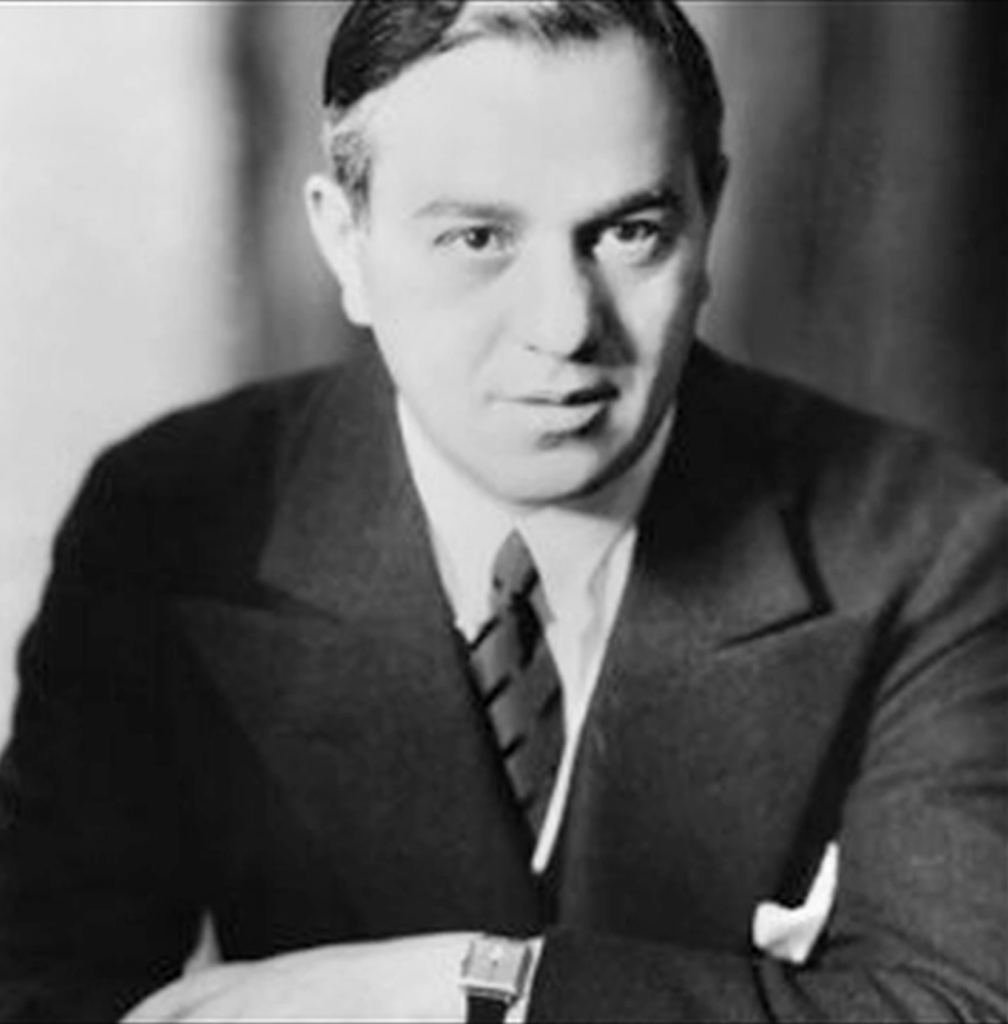
Johannes Brahms, Detlev von Liliencron: Auf dem Kirchhofe, Op. 105/4. Alexander Kipnis, Arthur Bergh [1929]
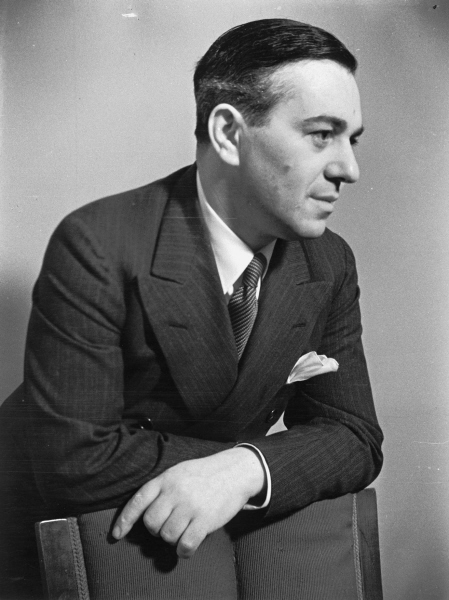
Hugo Wolf, Heinrich Heine: Wo wird einst des Wandermüden. Alexander Kipnis, Gerald Moore [1935]
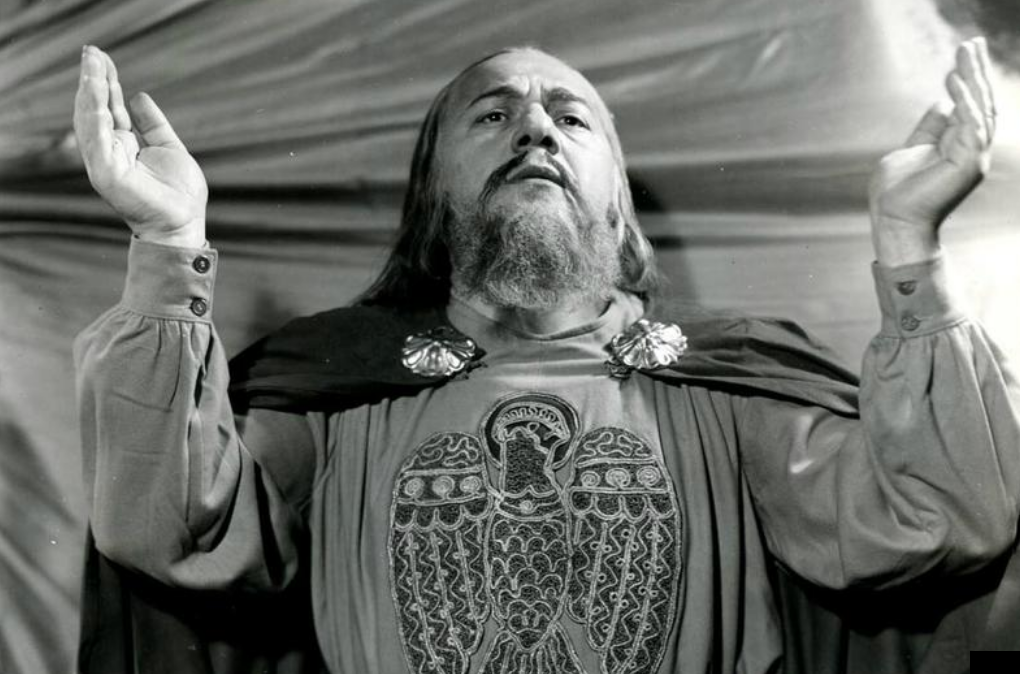
Robert Schumann, Joseph von Eichendorff: Mondnacht (Liederkreis, Op. 39/5). Alexander Kipnis, Arthur Bergh [1930]

I was blessed to study voice at Juilliard with Alexander Kipnis and also at his home in Westport. I heard that remarkable interview on a Met broadcast and set my goal to go to Juilliard to specifically study with Mr Kipnis. I can send you a couple of pics from our lessons in his studio. Anyway, working with him was the foundation I needed to advance and make a career in opera first as a baritone and later as a tenor. He told me many interesting stories about various people like Richard Strauss, Lauritz Melchior, Adolf Hitler, coming to America, even his opinion of Maria Callas whom I met and sang for. Basically Alexander Kipnis was a miracle. It was almost fate when I heard that broadcast, I knew he was the one I had to study with
Dear Thomas, thank you for this beautiful reminiscence of the great Alexander Kipnis. As I mention on the episode, I first heard his voice when I was about twelve years old and have been devoted to his artistry ever since. I will contact you privately about the photos. Seeing those would be a real thrill for me! All best and thanks again for writing, Daniel